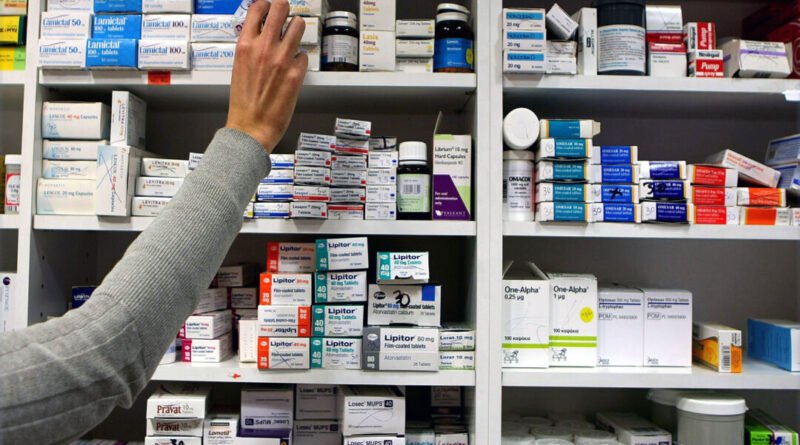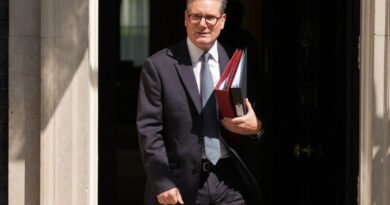Rural Communities Facing Threat of Becoming Pharmacy Deserts
Leaders in the sector are warning that the English countryside is on the brink of losing local pharmacies due to a decade of cuts.
Rural areas in England are at risk of becoming “pharmacy deserts” as funding declines, according to sector leaders.
The National Pharmacy Association (NPA) expressed concern over the high number of closures in rural towns and villages, which will result in people needing to travel further for medication. They urged the government to reverse spending cuts.
Analysis revealed that 17 out of the 20 council areas with the lowest number of pharmacies per 100,000 people were in rural locations. Furthermore, the most deprived local authorities experienced the highest level of closures in the past two years, the organization found.
The NPA highlighted that West Berkshire has the lowest provision per 100,000 people in the country, with four times fewer pharmacies than Westminster, which has the highest.
‘Shocking Statistics’
According to NPA Chief Executive Paul Rees, these statistics are concerning as they indicate a growing number of areas are at risk of becoming pharmacy deserts, forcing residents in rural areas to travel longer distances for essential medication.
Rees emphasized that many pharmacies are on the brink due to a decade of budget cuts, posing a significant threat to medicine supply in certain areas if closures persist.
He also expressed deep concern over the higher rate of pharmacy closures in deprived areas, undermining efforts to address health inequalities post-COVID-19.
The analysis further revealed that 87 percent of local authorities in England have seen one or more pharmacies close in the last two years.
The NPA called on the government to reverse a 40 percent real-terms cut to the pharmacy budget over the past decade.
Rees emphasized the need for immediate action to stabilize the pharmacy network and establish a well-funded future to prevent potential medicine supply risks.
He urged ministers to provide pharmacies with a new deal to address the current contract issues, preventing closures and enabling pharmacies to deliver quality healthcare services locally.
‘Vital’ to the Community
Responding to the NPA’s analysis, David Fothergill, chairman of the Local Government Association’s community wellbeing board, emphasized the importance of a strong community pharmacy network in all local areas.
Fothergill highlighted that pharmacies are crucial to local economies, ensuring diverse and vibrant high streets, especially in areas with the greatest health needs or rural communities with long distances to travel.
He warned that removing this lifeline could result in more people needing to travel longer distances to GP surgeries, exacerbating existing pressures.
Fothergill expressed concern over the potential gaps in high streets left by pharmacy closures, which may never be filled.
The NPA organized a day of protest action in June to address the funding shortage emergency, symbolizing the growing number of closures by blacking out pharmacy windows.
A report by Community Pharmacy England (CPE) last month suggested that one in six pharmacies in England could disappear within a year.
The CPE polling indicated that financial pressures were jeopardizing patient care, with over half of pharmacies reporting a decline in service quality and ongoing shortages of certain medicines.
Labour Pledged to Expand Pharmacy Prescribing
A separate survey of over 6,000 pharmacy owners in May revealed ongoing challenges in accessing medicines due to supply chain bottlenecks, with certain medication brands not always available.
In January, the Conservative government launched the NHS Pharmacy First service, enabling community pharmacists to issue prescriptions and provide minor care without patients needing to visit GPs.
In its election manifesto, Labour promised to expand on Pharmacy First with a community pharmacy prescribing service, granting more pharmacists independent prescribing rights where clinically appropriate.
While the manifesto did not outline specific funding pledges for pharmacies, Health Secretary Wes Streeting indicated plans to allocate more resources to community care over hospitals.
PA Media contributed to this report.





